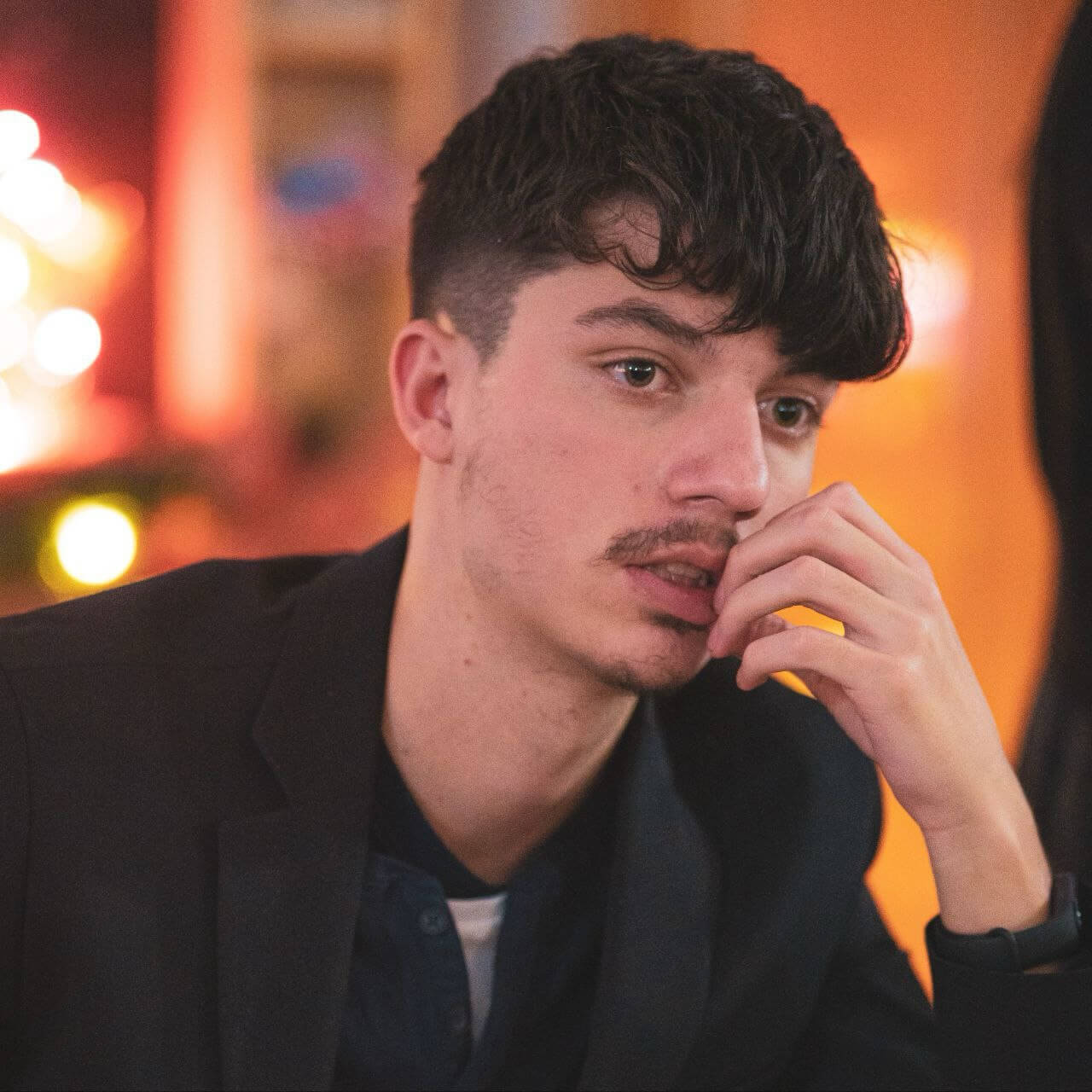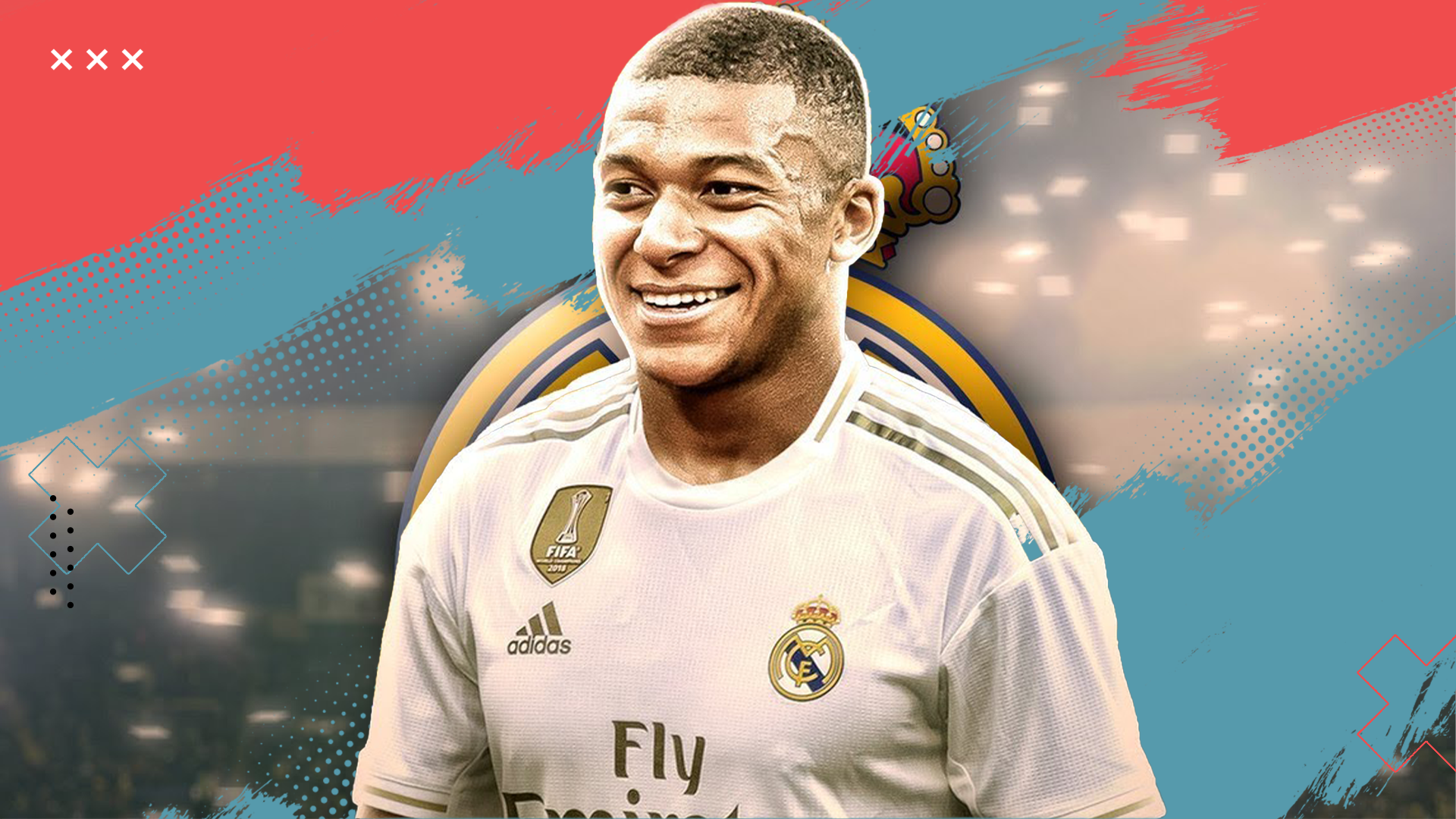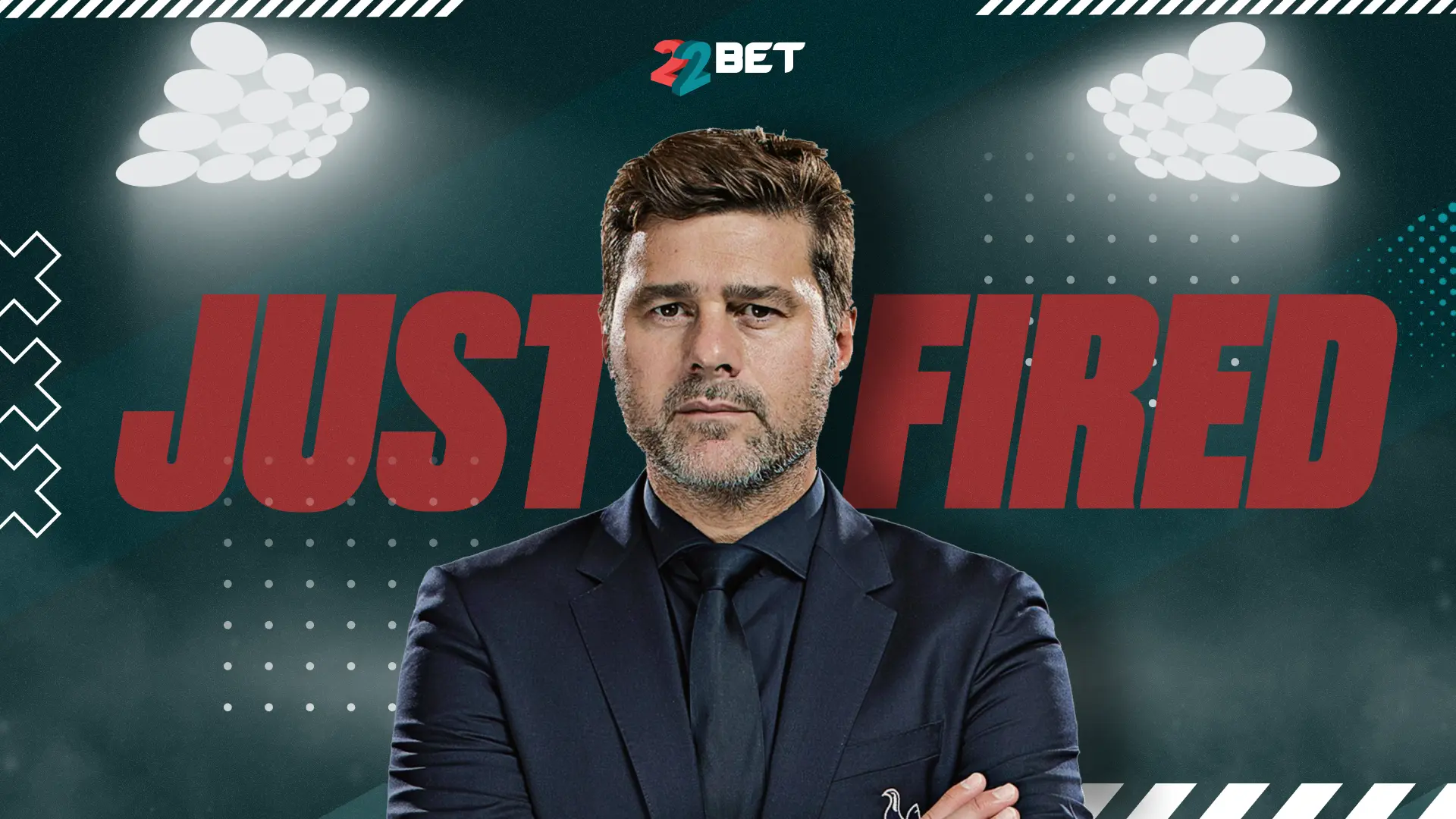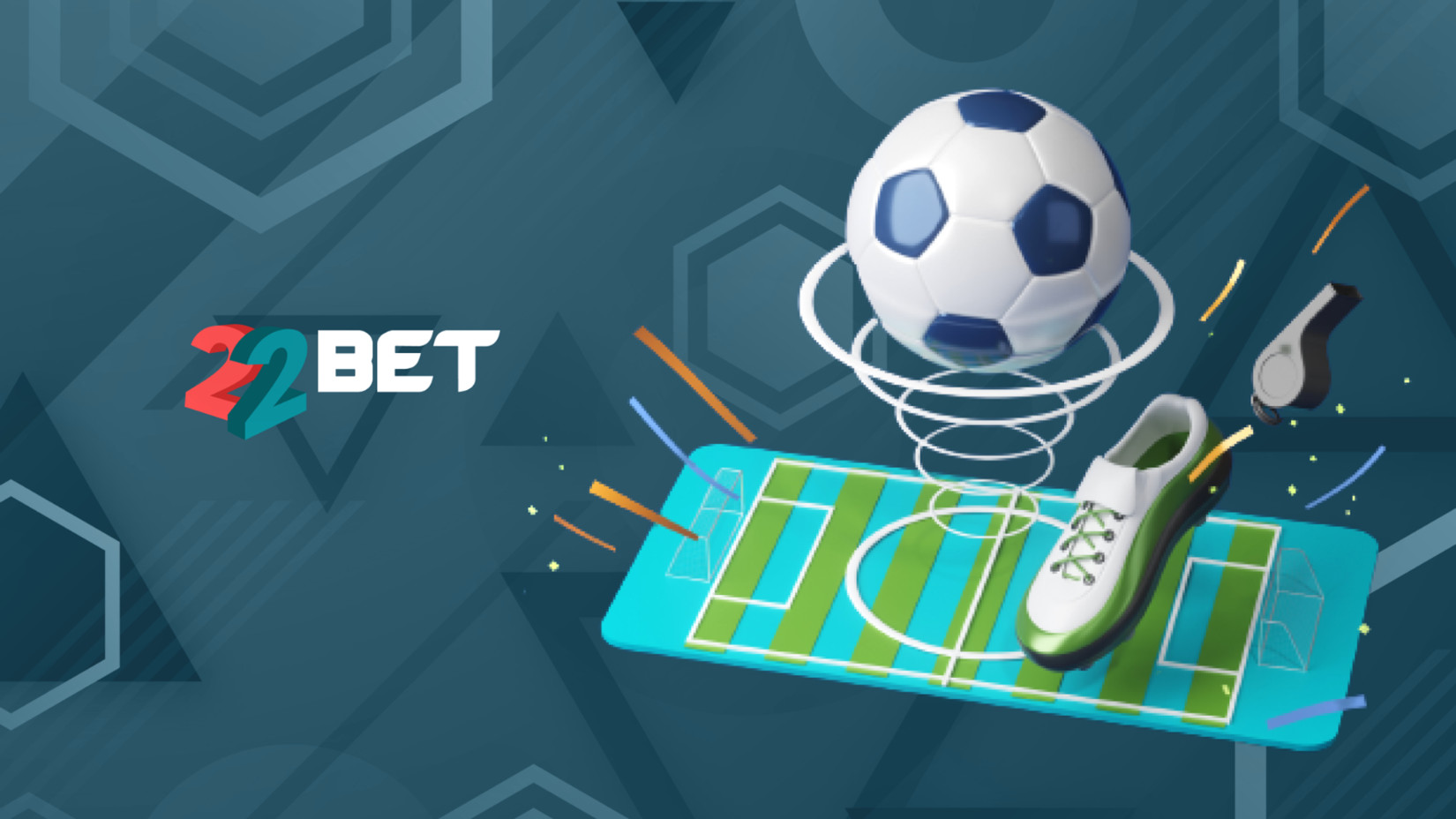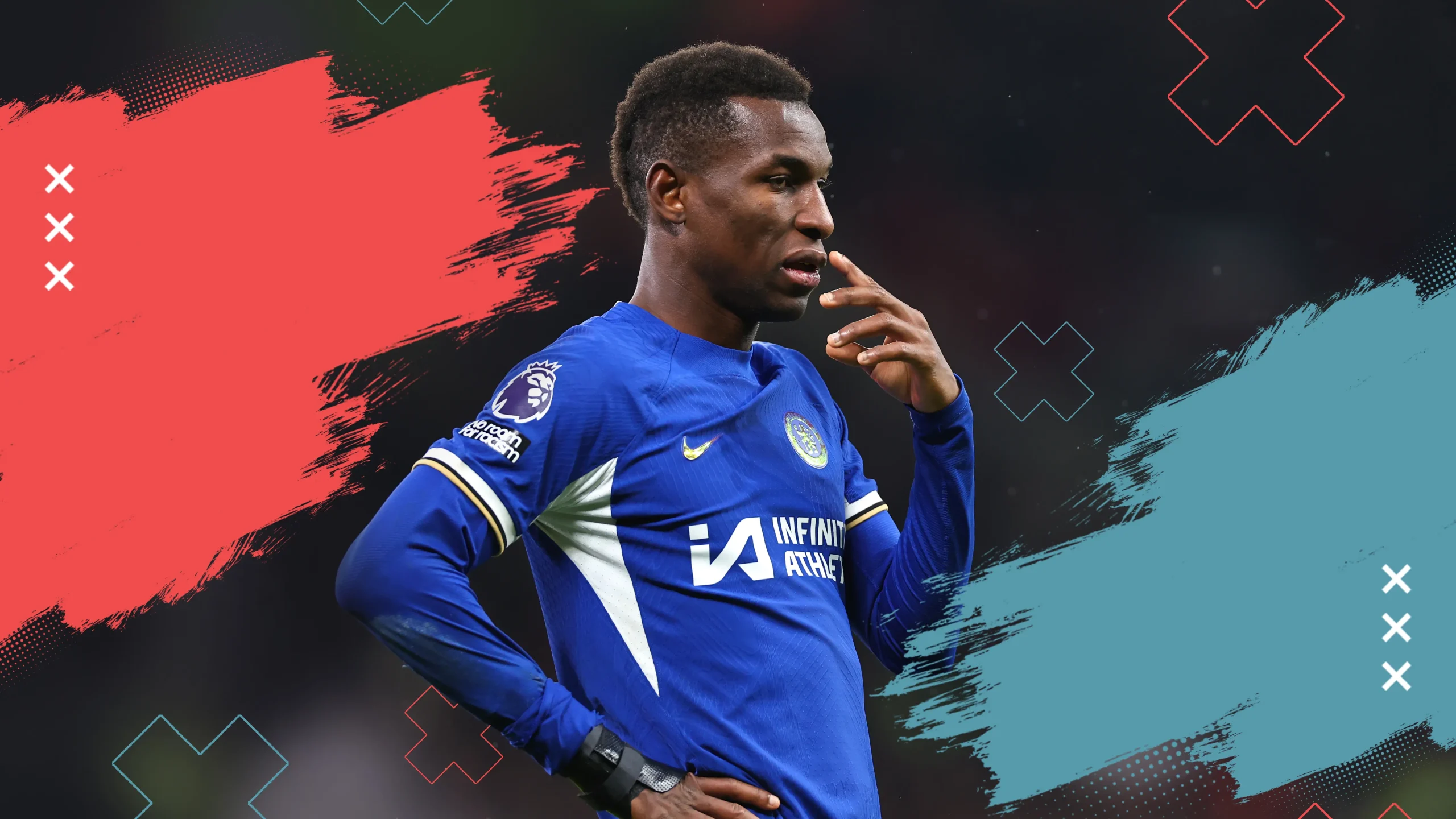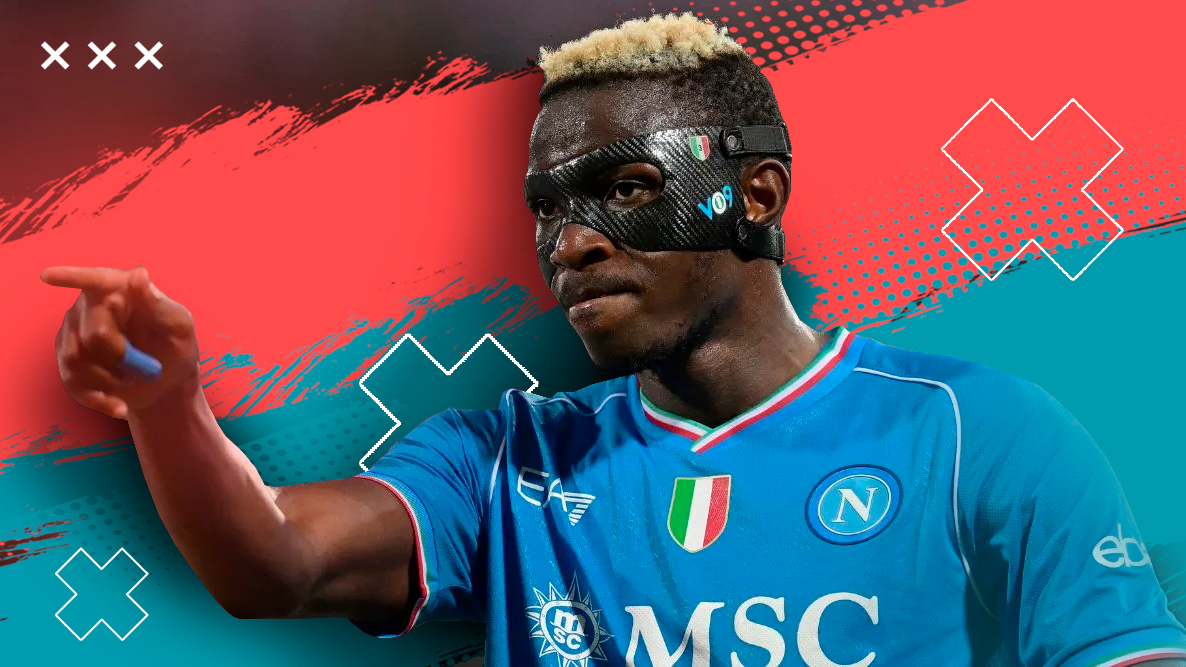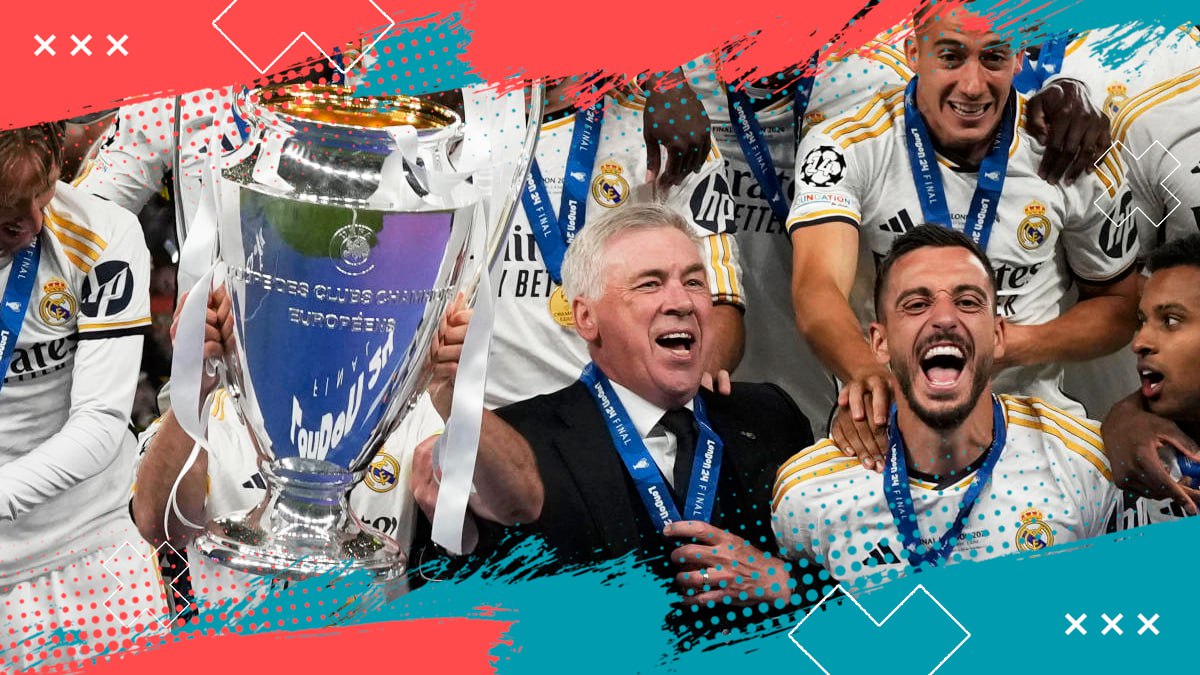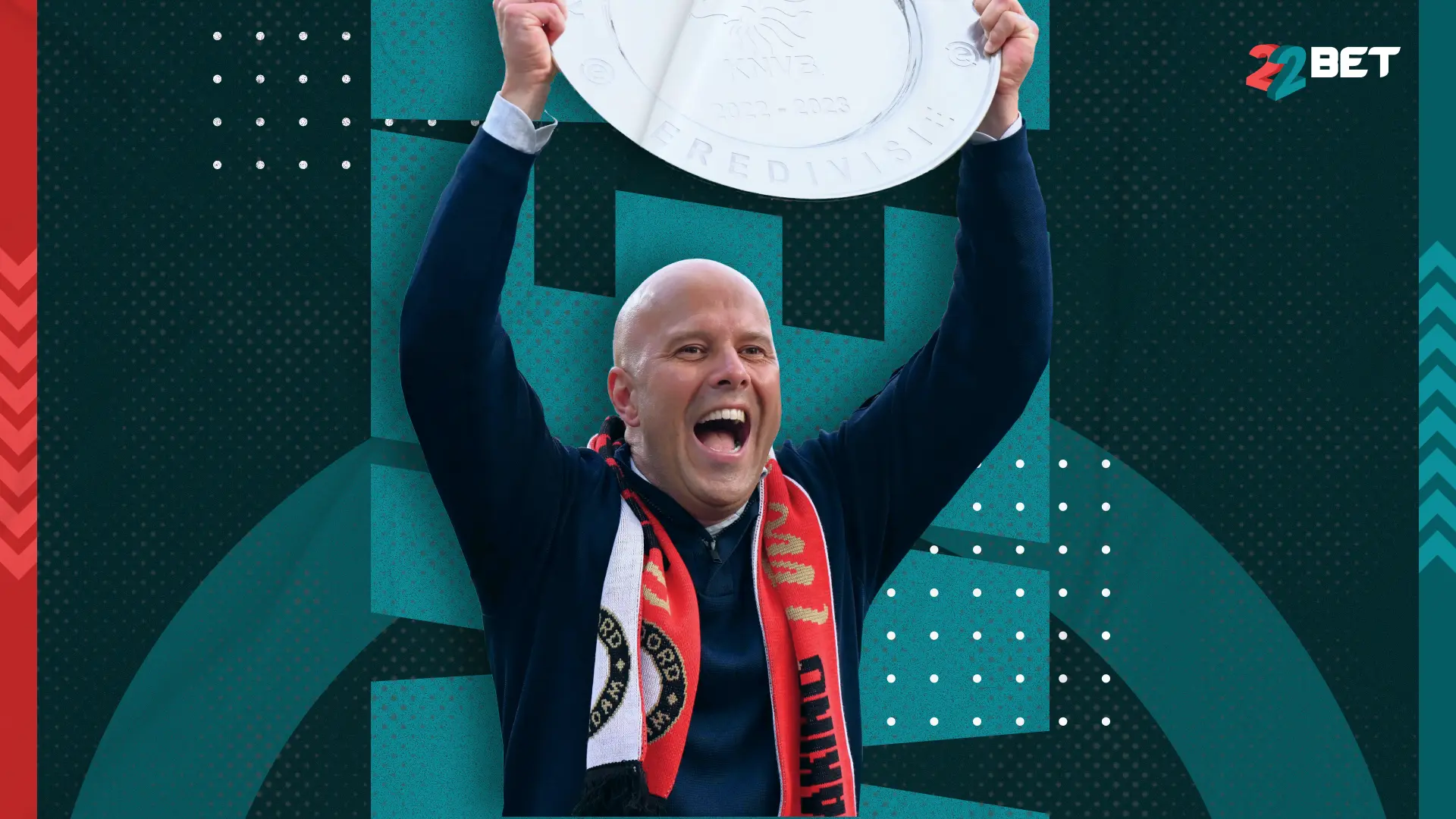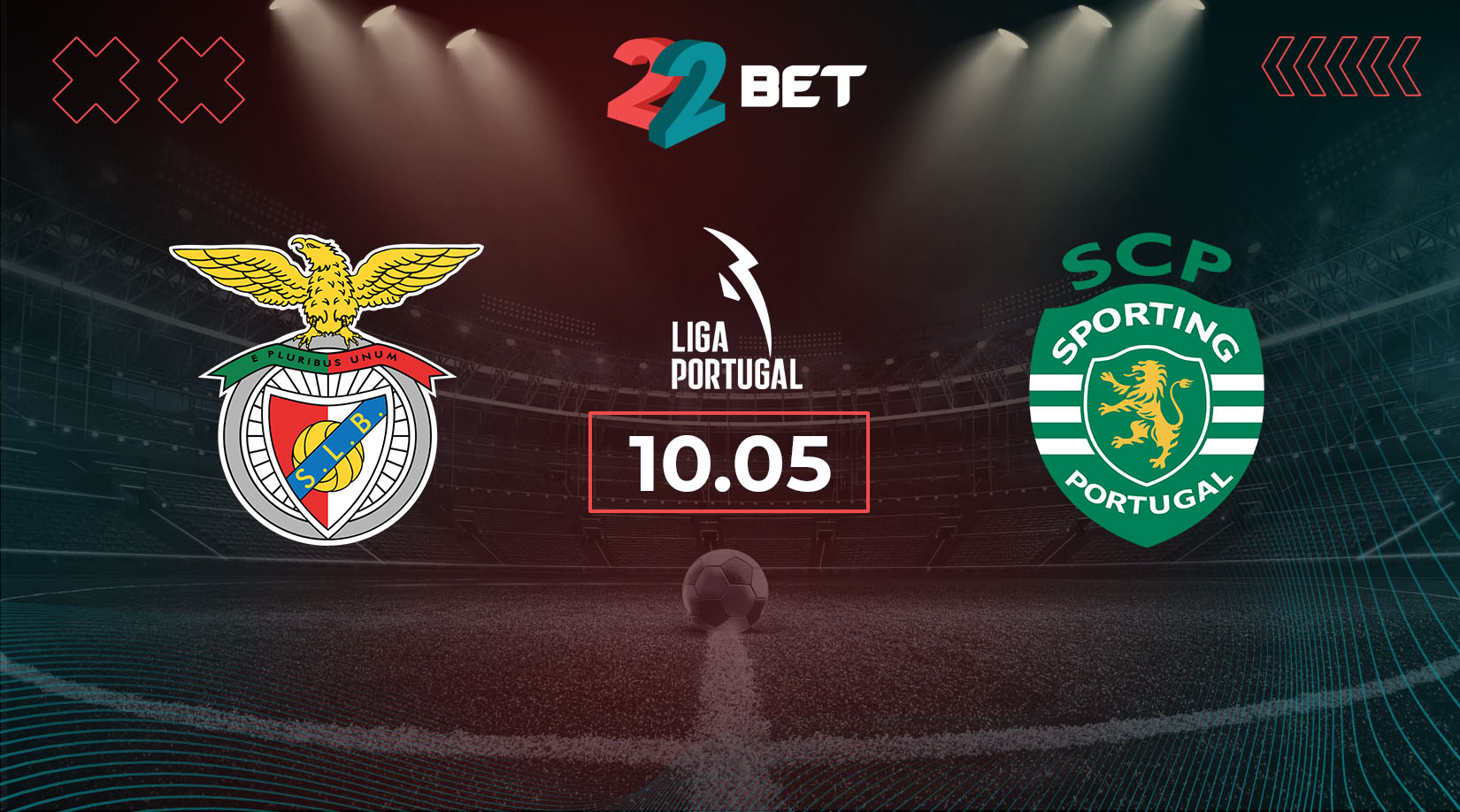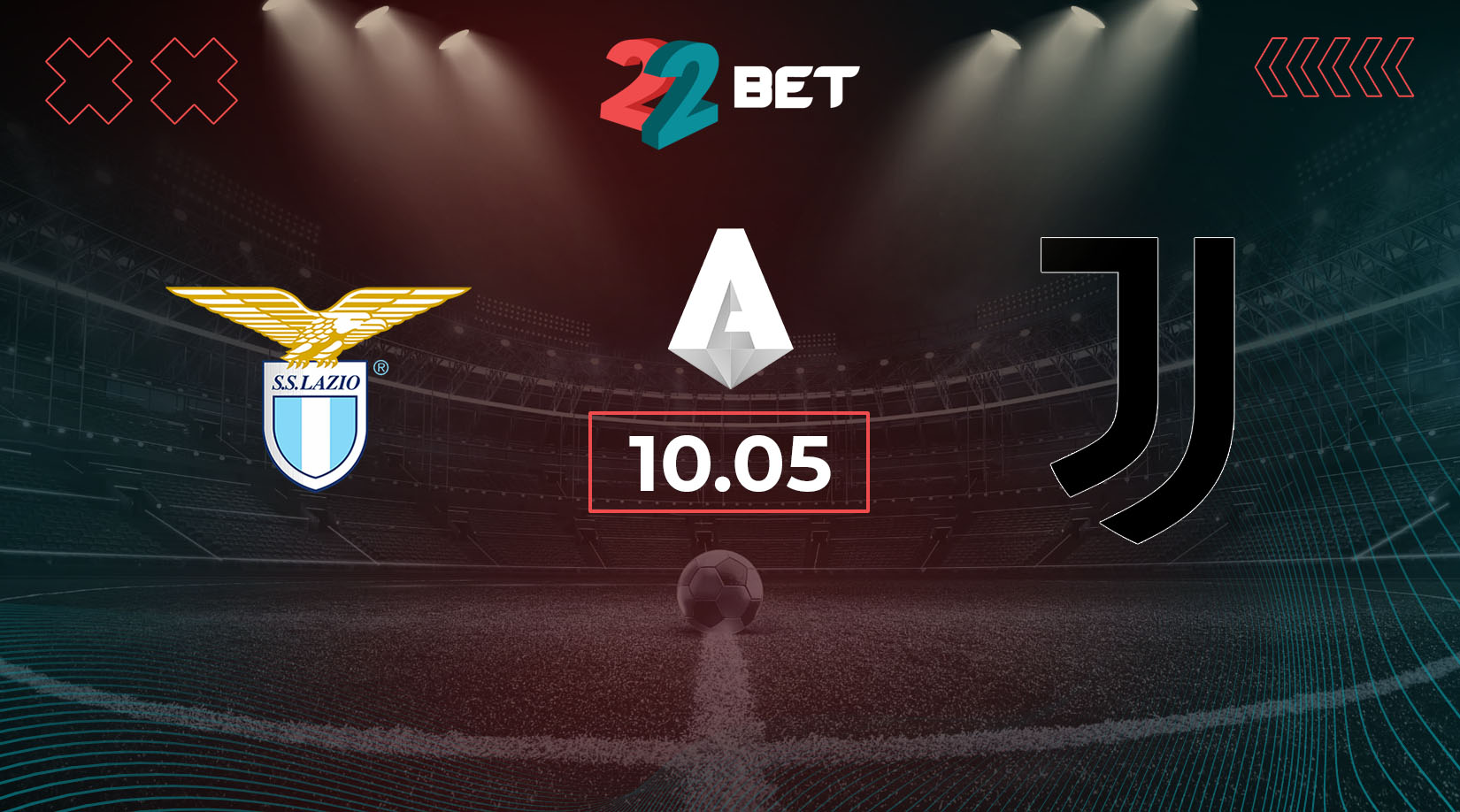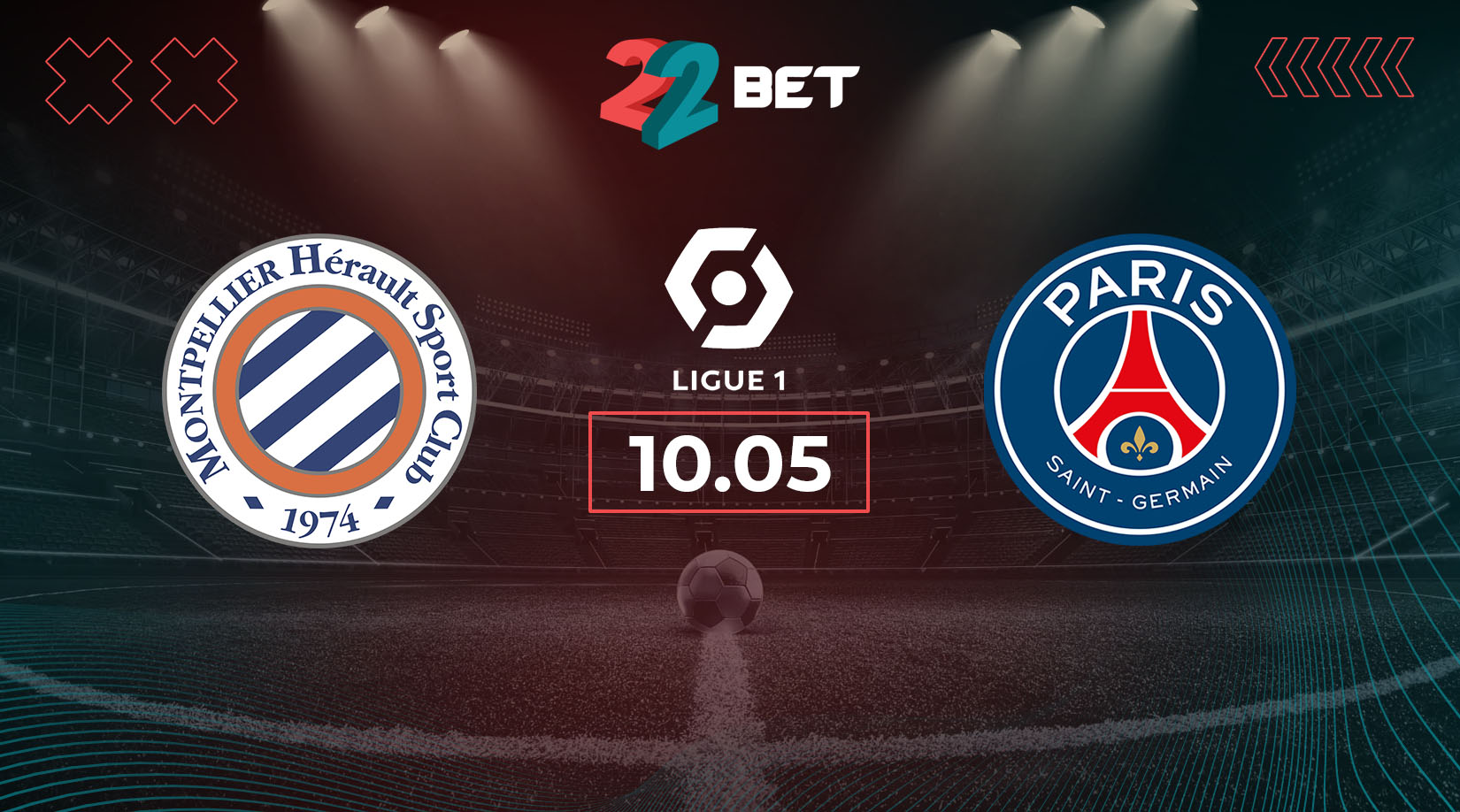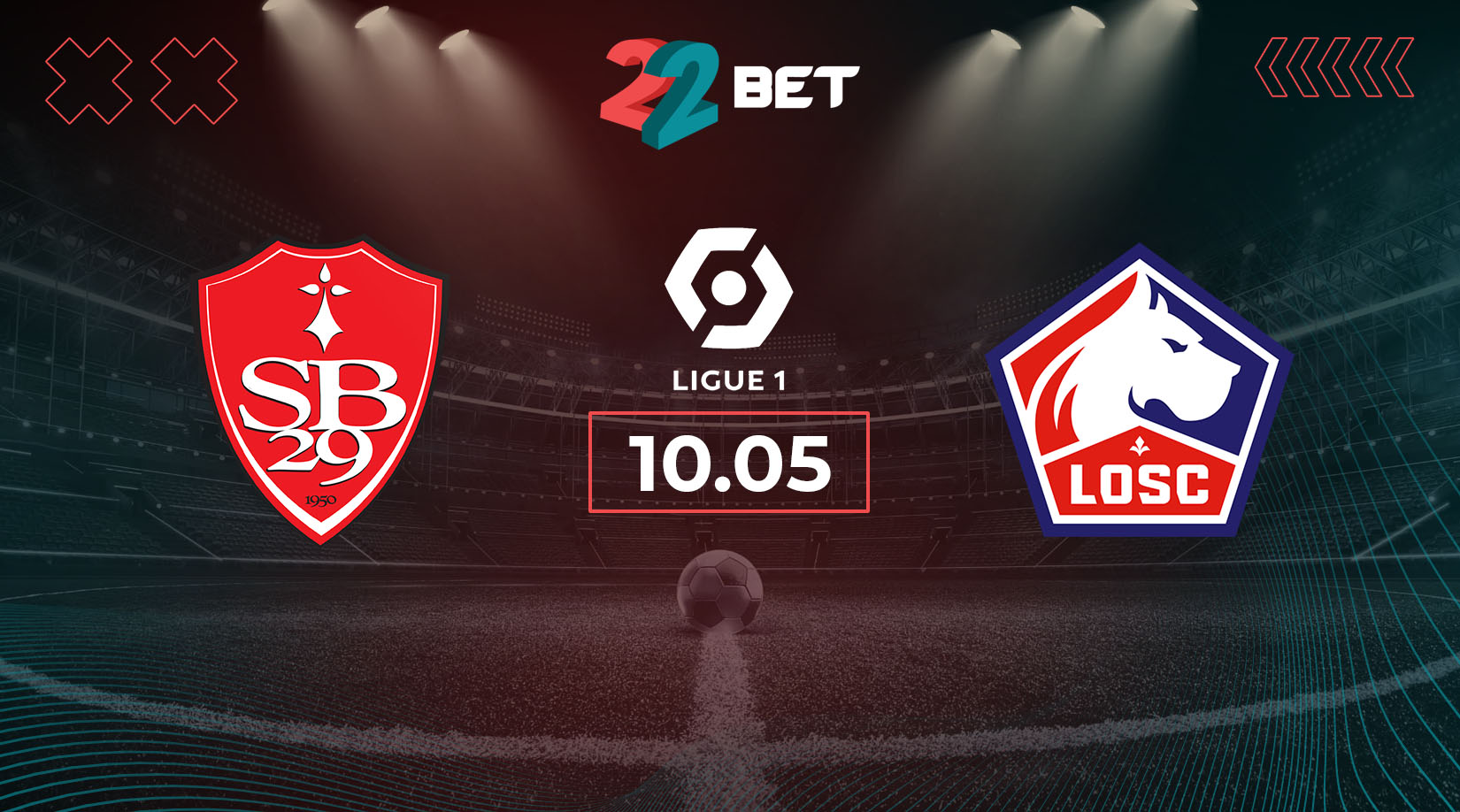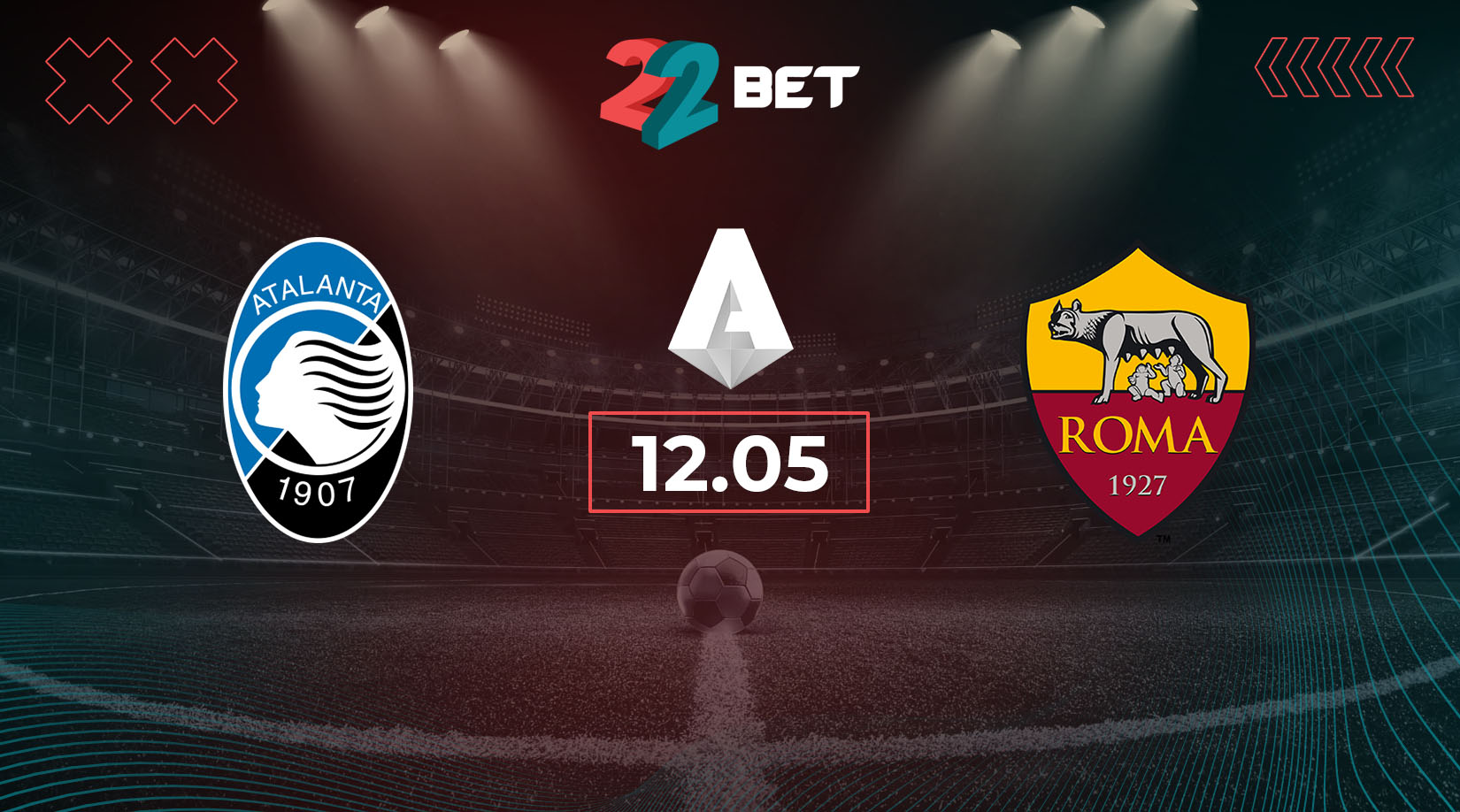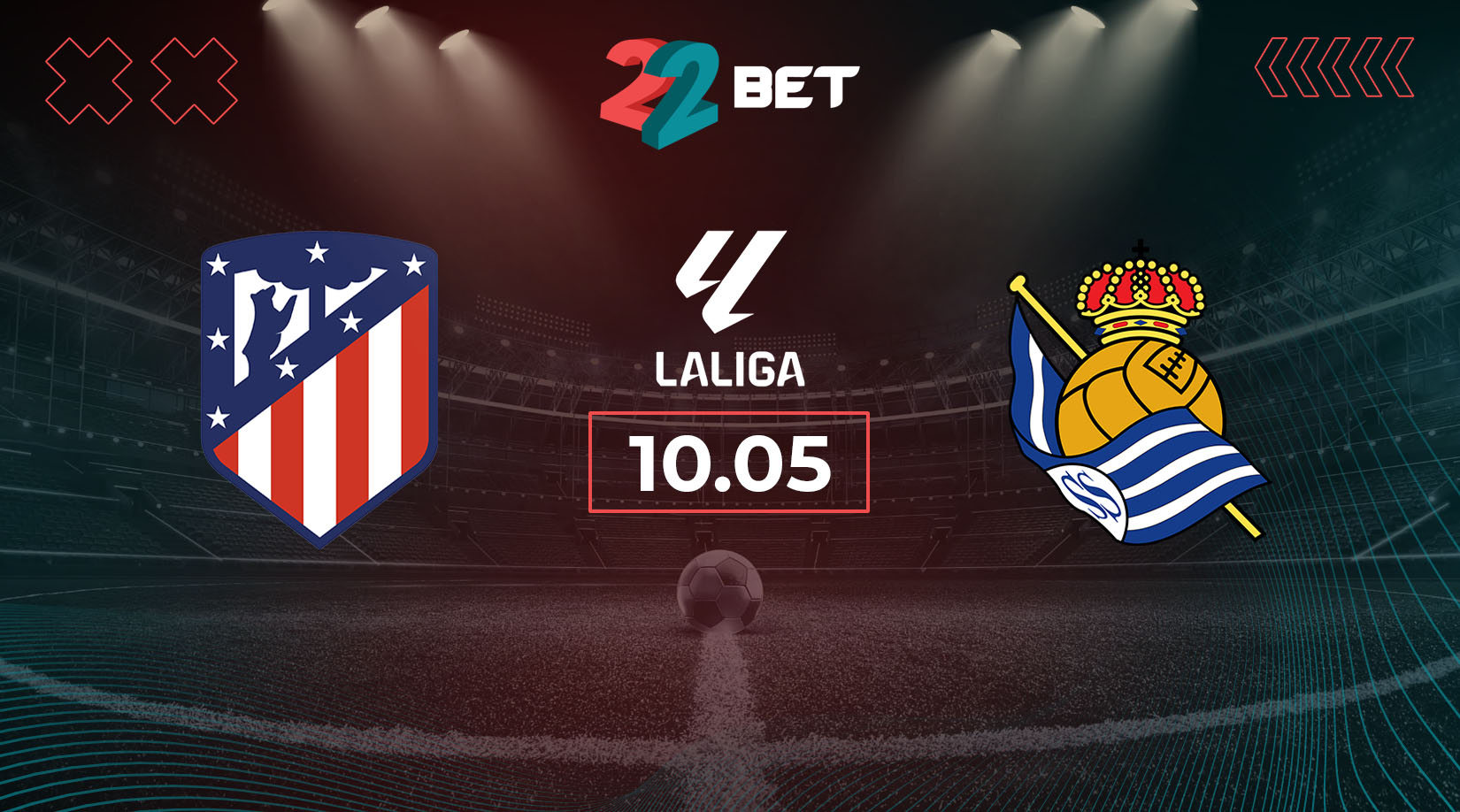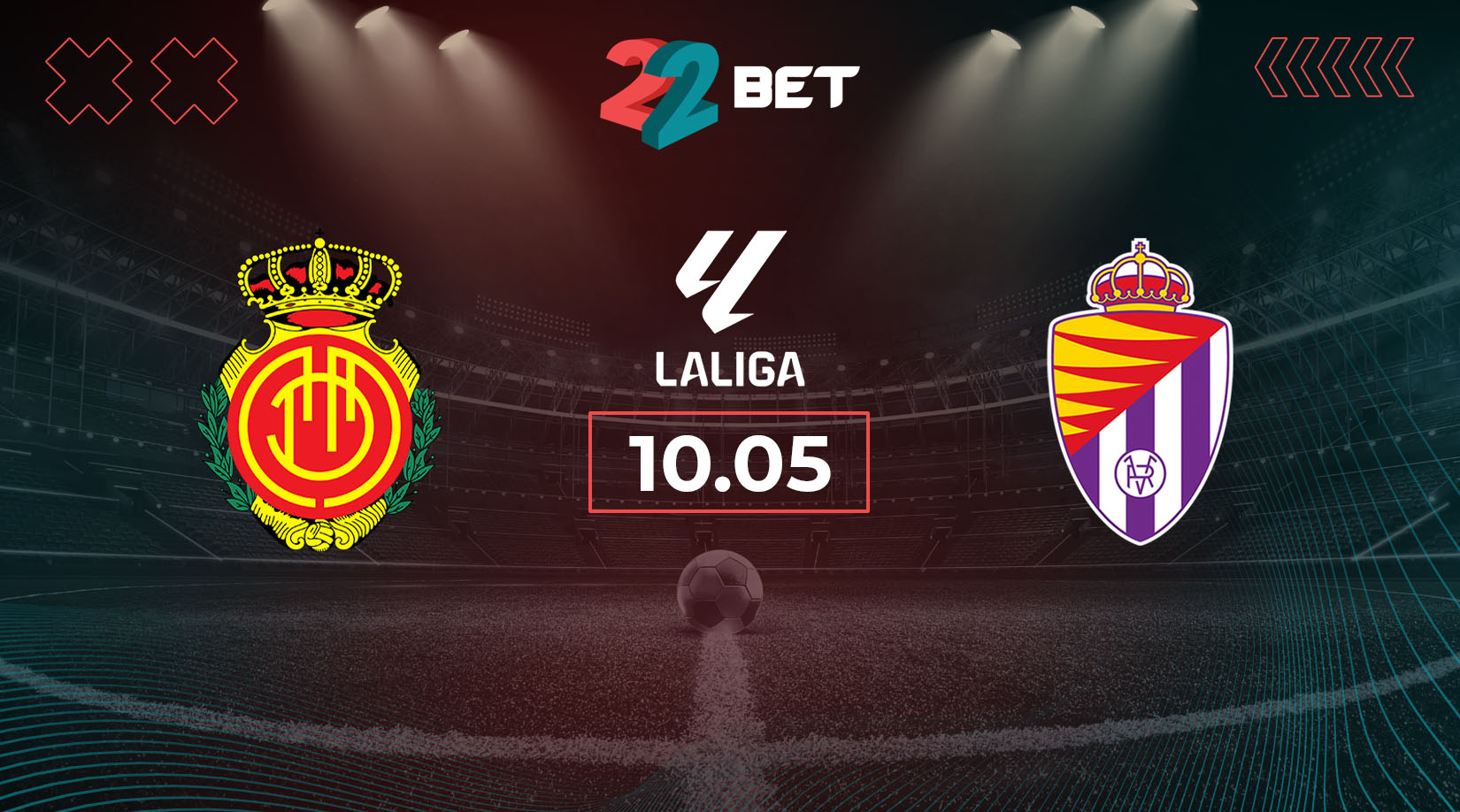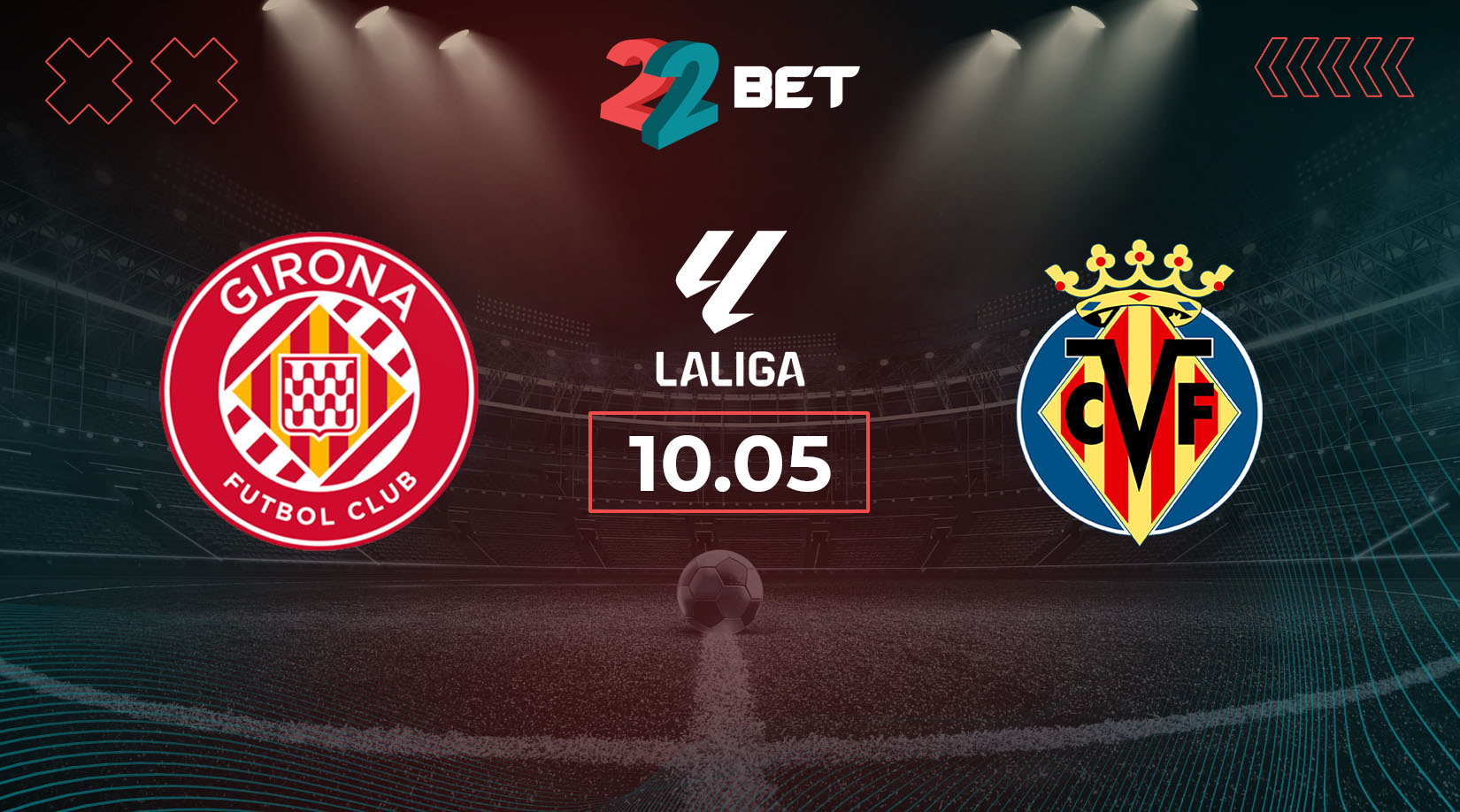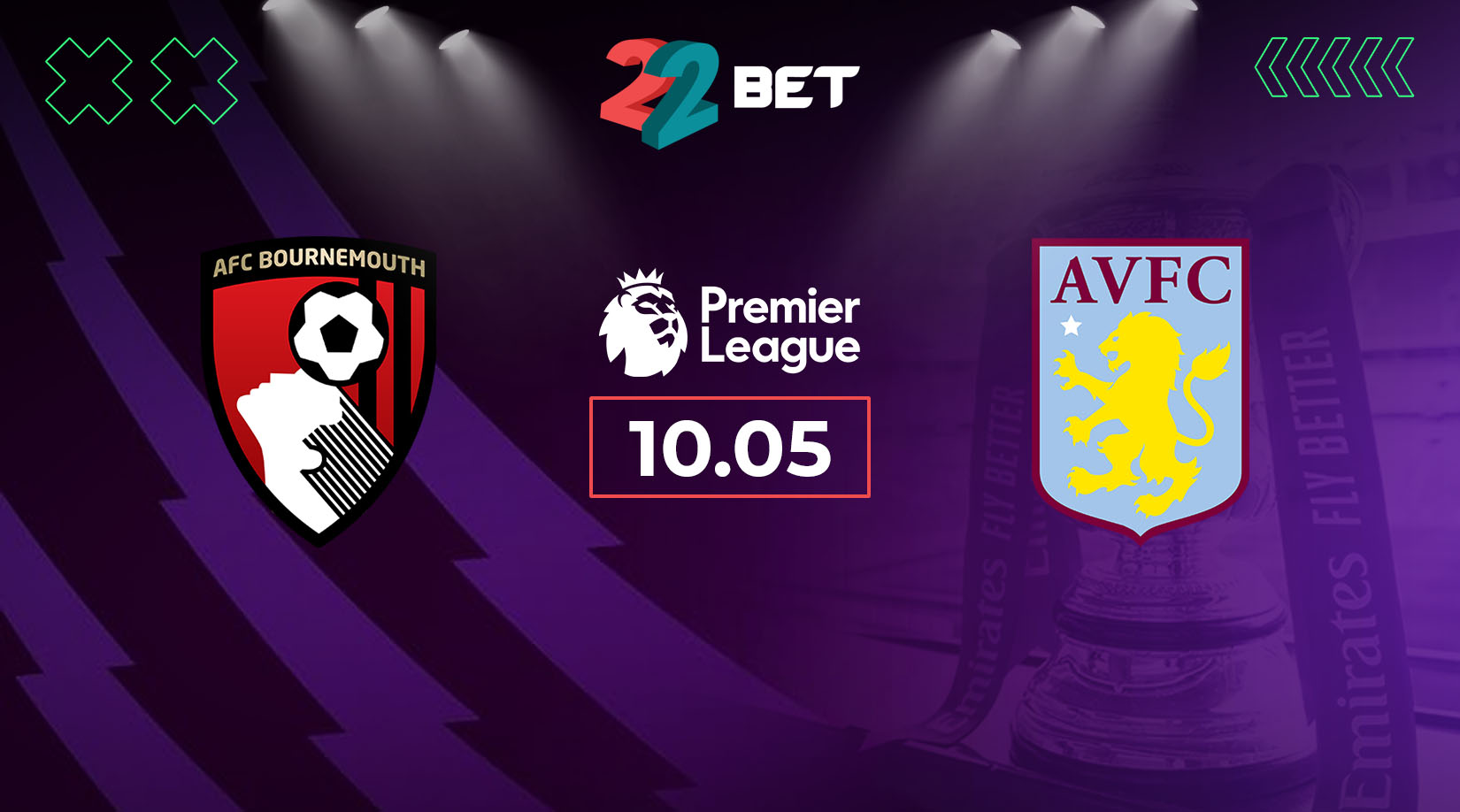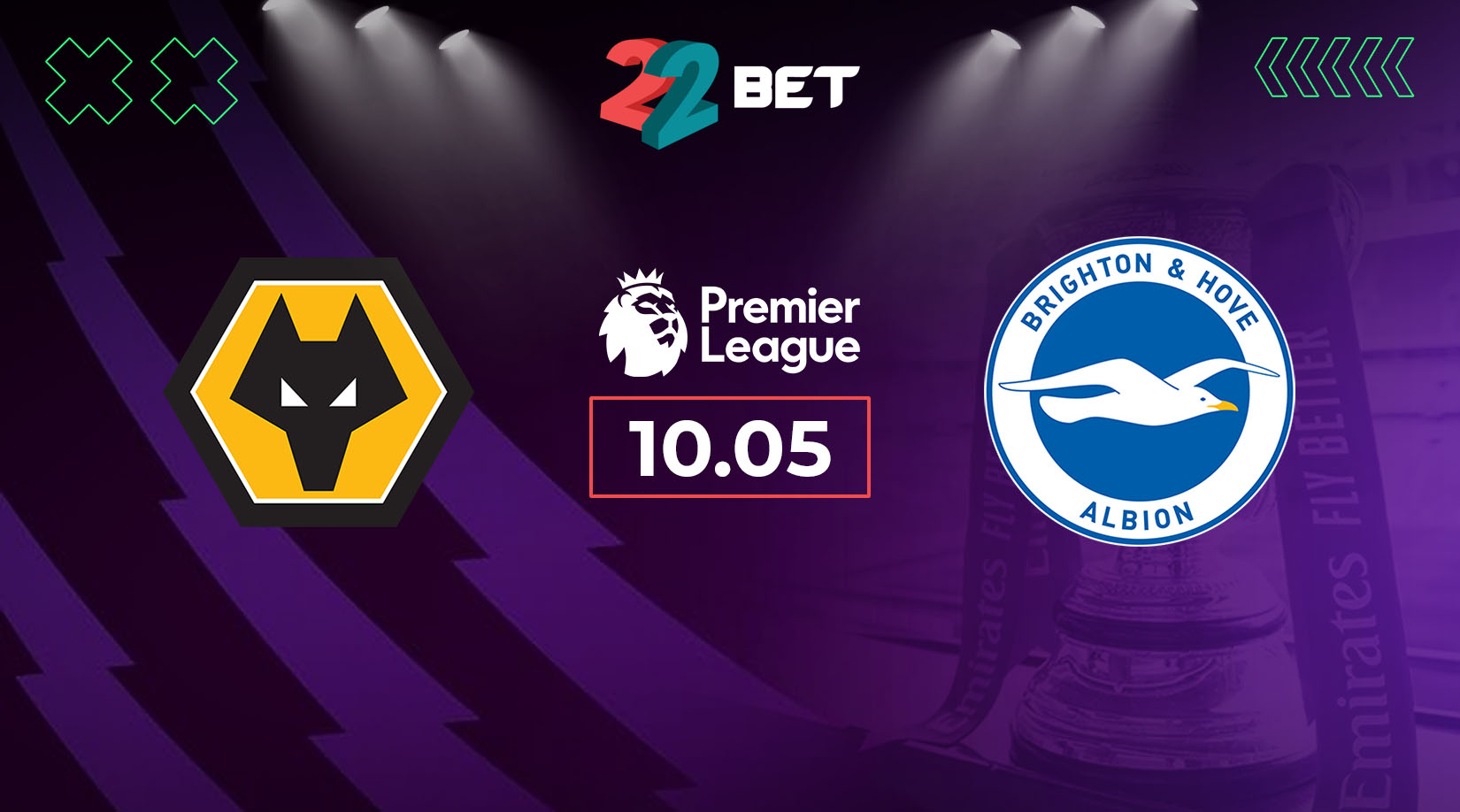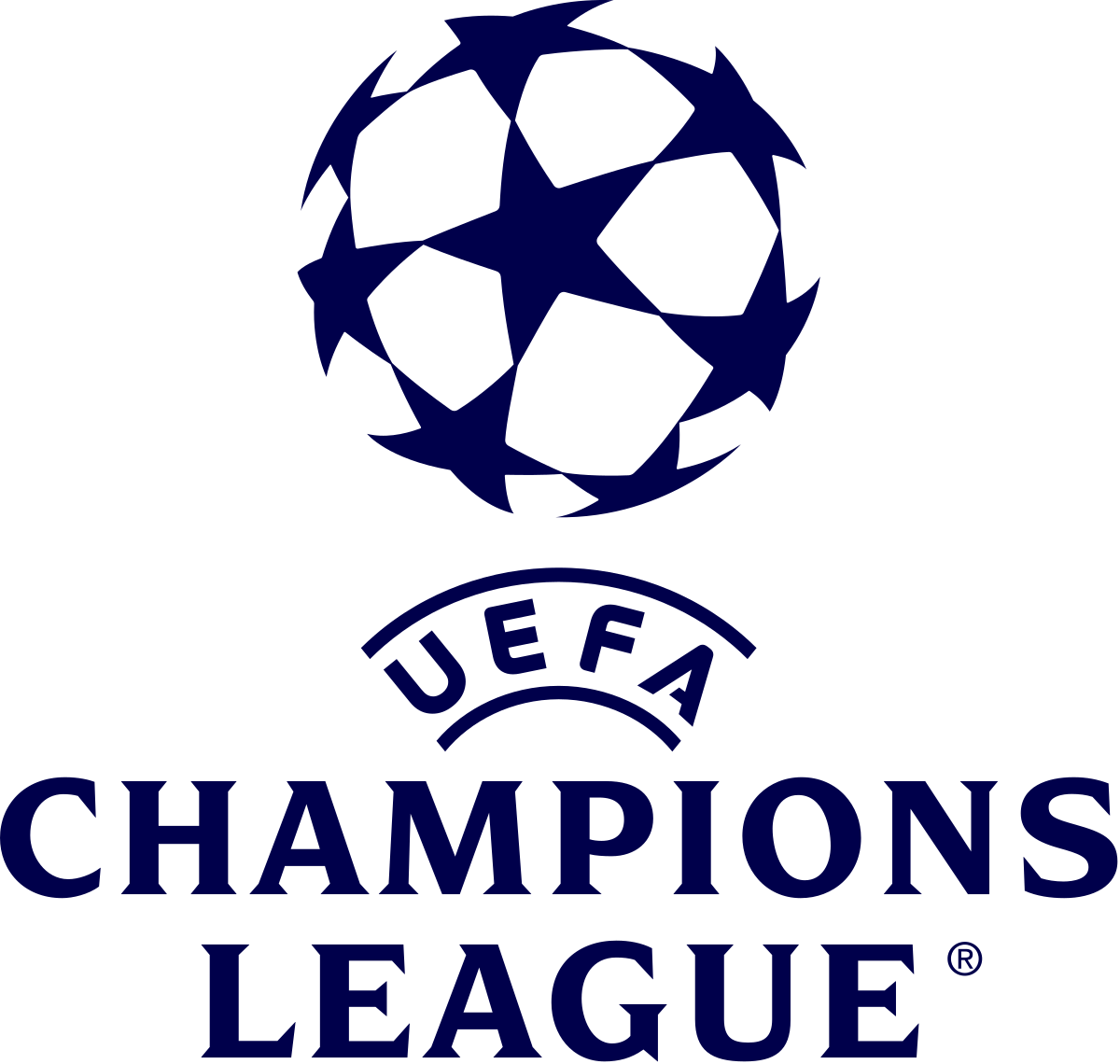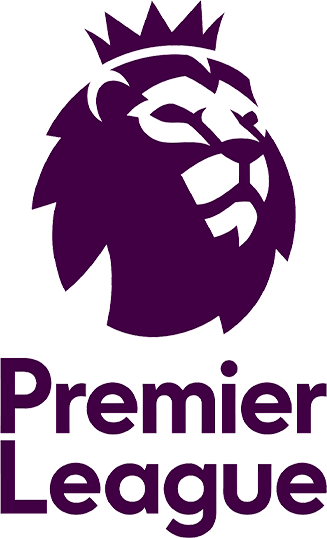When the 23/24 season began, no one had anticipated that Borussia Dortmund would reach the final against Real Madrid. Football is complex, and many might wonder how Dortmund managed to secure their spot in the final – making it one of the biggest surprises of the season. Here is an in-depth look at their road to the final.
Placed on the Right Side of the Draw
Sometimes, football defies logic. By all accounts, Dortmund was not expected to reach the final. Many doubted the Germans would even survive their group. Not only did Dortmund qualify, but they also topped Group F – which included AC Milan, Paris Saint-Germain and Newcastle. The 2-0 loss against Luis Enrique’s PSG indicated immediate elimination. However, Newcastle messed up on two occasions, allowing Dortmund to stage a comeback.
After that, it seemed as if a new version of Edin Terzić appeared in the Champions League. Originally the caretaker manager, Terzić became the main coach, demonstrating the unpredictability of football.
Final games in the ‘Group of Death’ 💀
▪️ Dortmund vs. PSG
▪️ Newcastle vs. Milan pic.twitter.com/1A1nRTDdpc— B/R Football (@brfootball) November 28, 2023
Dortmund’s path can be described as a house of cards falling perfectly into place. Dortmund’s first victim was Dutch club PSV, who logically bowed down as the Germans dominated the tie.
This outcome was expected, given the favourable draw. Dortmund landed “on the right end” of the draw, avoiding powerhouses like Bayern, Arsenal, Manchester City and Real Madrid. In the quarterfinals they faced a more experienced opponent in Diego Simeone’s Atlético de Madrid, as the Rojiblancos had already defeated Inter Milan, the previous tournament finalists.
34’— Dortmund 1-0 Atletico
39’— Dortmund 2-0 Atletico
49’— Dortmund 2-1 Atletico
64’— Dortmund 2-2 Atletico
71’— Dortmund 3-2 Atletico
74’— Dortmund 4-2 AtleticoWHAT. A. GAME!! 🤯🍿 pic.twitter.com/GE3HS73Bb0
— CentreGoals. (@centregoals) April 16, 2024
Despite seeming lost in the first tie, Dortmund exemplified the Champions League’s lesson that the impossible is possible. A one-goal deficit against Atlético de Madrid is typically a knockout stage death sentence, but the Spaniards’ passivity allowed Dortmund to seize control and secure a 4-2 victory after a 2-1 defeat in Spain.
Despite Paris Saint-Germain fielding all their big names in the semifinal against BVB, the Germans were unimpressed, securing a tactical victory in both legs (1-0).
An Unimpressive Campaign in the Bundesliga
In many ways, readers might be impressed by Dortmund’s journey. One might expect that their success in Europe would mirror a similar campaign at home.
However, Dortmund’s record in the Bundesliga was far from brilliant, finishing 5th. The Schwarz-Gelb ended the season two points behind RB Leipzig and 27 points behind title winners Leverkusen. As usual for Dortmund, the campaign is full of ups and downs, with their squad seeing only slight adjustments from previous seasons.
The team’s squad is rather unimpressive on paper, with the main stars remaining the same – Marco Reus announced his retirement, Jadon Sancho returned on loan from Manchester United, and Niclas Füllkrug served as the main striker. Overall, the squad didn’t seem Champions League-worthy.
Tactical Changes Throughout the Season
While many aspects of Dortmund’s journey are inexplicable, some key factors can be identified. Dortmund lost many games unnecessarily at the beginning of the season until they discovered that a three-at-the-back, composed of Niklas Süle, Emre Can, and Nico Schlotterbeck, better suited their profiles than a four-at-the-back.
The reunion. pic.twitter.com/vBvXvr0R9b
— Borussia Dortmund (@BlackYellow) May 29, 2024
Since November, Edin Terzić moved Can to center-back, which allows him more time on the ball and a wider vision on the field – addressing his previous shortcomings as a central midfielder.
This change also enabled Schlotterbeck and Süle to find better passing angles and increased verticality. This setup facilitated more open games in both the Bundesliga and the Champions League, particularly for Schlotterbeck to find Füllkrug in the penalty box, given his aerial dominance.
Another crucial factor is the evergreen Marco Reus, who is still working wonders. He is the creative glue of the team. All of the previously mentioned changes were made back in November. Reus announced he would not continue beyond this season, likely causing a domino effect in team mentality. His environment improved with the return of Jadon Sancho, whose performances as a winger were invaluable.
Marco’s last dance 🕺 pic.twitter.com/GqCaKbaTI4
— Borussia Dortmund (@BlackYellow) May 28, 2024
As Süle’s intensity waned, another change was needed. Terzić switched back to a four-man backline and reshuffled the team again. Felix N’Mecha became crucial in the midfield, while Julian Brandt, when fit, served as a major creative force against tougher defenses.
Additionally, Dortmund started playing through the wings again, with Ian Maatsen and Julian Ryerson bringing significant changes to the team dynamics.
Ryerson, in particular, improved the team’s dynamics, being a catalyst in the orchestrated victory against Atlético Madrid in the Champions League. Ryerson sticks to wider areas, which means that switches of play were efficient against Atlético’s undisciplined 5-3-2 formation. The Dortmund full-back often advanced with the ball, forcing the opponent to press him high, opening channels down the right wing. In Atlético’s case, pressing Ryerson allowed Dortmund to exploit the switch to Maatsen’s wing, creating new opportunities to penetrate Atlético’s block.
We meet again. pic.twitter.com/nRsMiEsAFm
— Borussia Dortmund (@BlackYellow) May 30, 2024
The inclusion of Sabitzer has added an additional element to the Champions League. Although controversial due to his perceived lack of care on the ball, Sabitzer has been instrumental due to his defensive profile. It’s clear that he should not be involved in the first phase of play, where he is easily pressured.
Last but not least, Dortmund’s defence has been rock-solid thanks to the brilliance of goalkeeper Gregor Kobel. He has kept Dortmund alive in the group stages, making numerous crucial saves.
For instance, in the 1-0 victory against Paris Saint-Germain, PSG registered nearly 3xG (2.74xG, according to Sofascore), but Kobel’s five key saves denied any goals, preserving Dortmund’s clean sheet.
A Leader in Mats Hummels
No list would be complete without mentioning the best last – Mats Hummels. He scored important goals – including the decisive goal in the 1-0 victory against PSG – but his primary role is as the captain and anchor of Dortmund’s defence. Hummels is the last line of the defense and the first to initiate play in the build-up.
This is Dortmund! pic.twitter.com/VPIGJ2x9uZ
— Mats Hummels (@matshummels) April 16, 2024
In the Champions League, he is one of the best-performing center-backs. For years, Dortmund lacked a leader at the back, and despite slowly ageing, Hummels has proven to be exactly what the club needed. He is not perfect and makes his share of mistakes – but his presence is a net positive, often galvanizing a shaky team in times of doubt.



